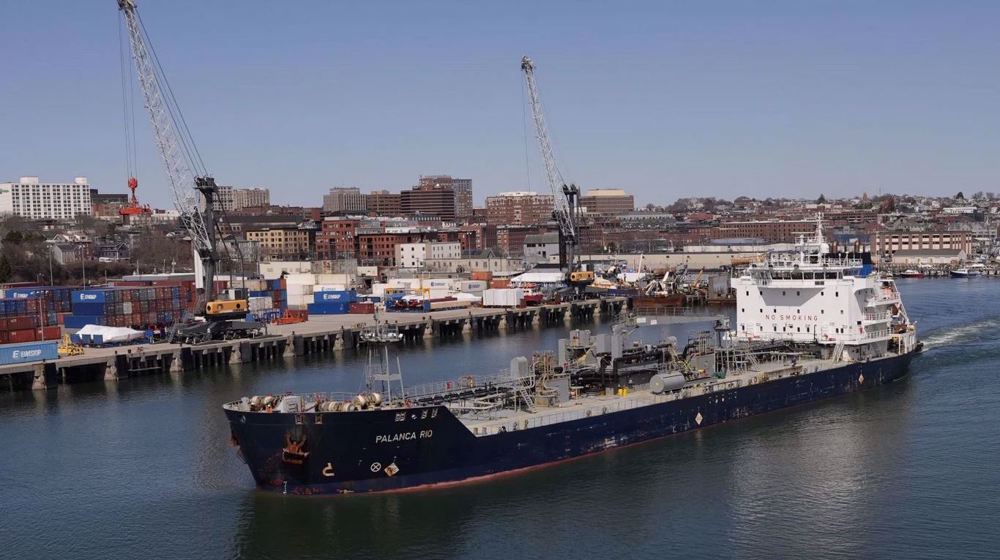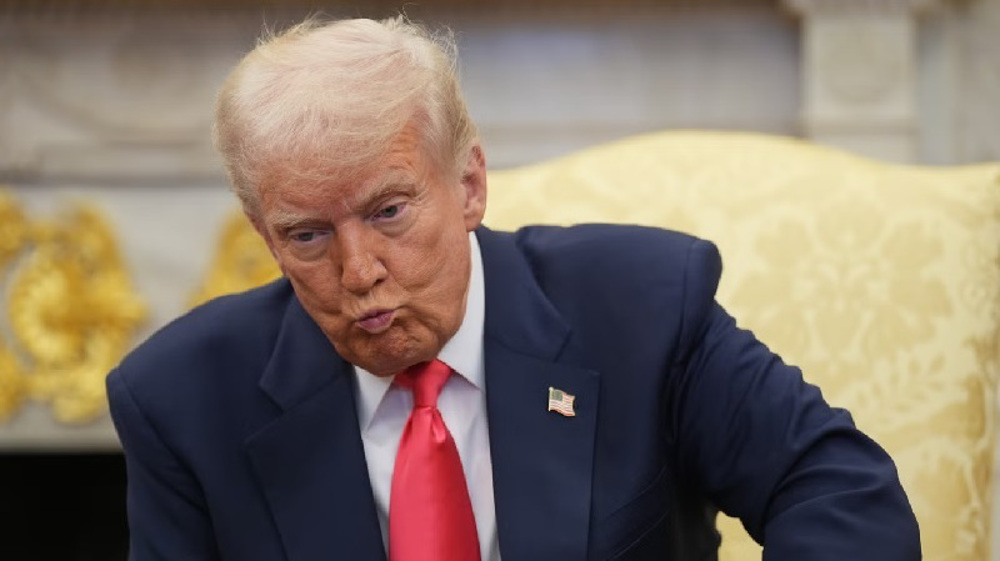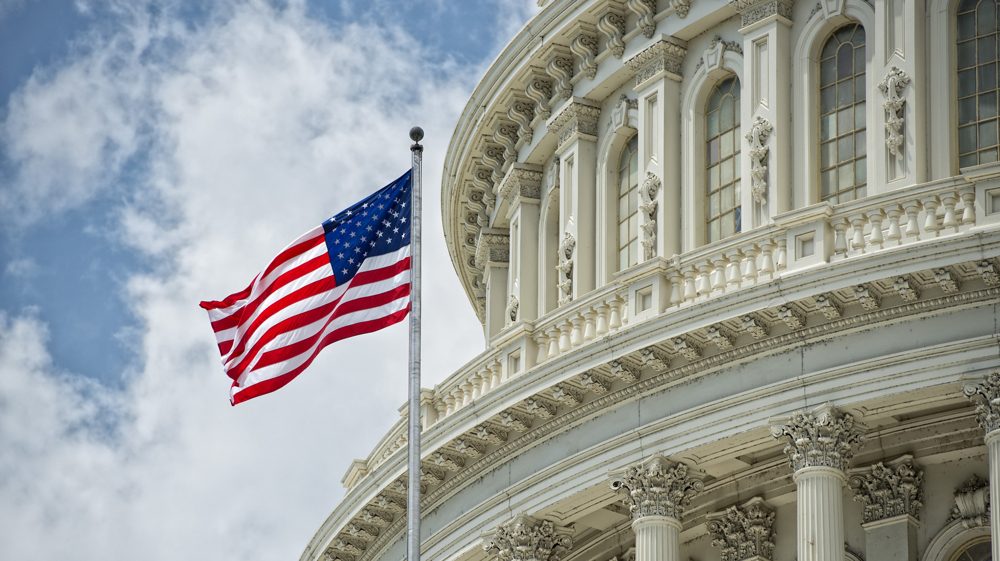US Fed warns COVID surge to do ’irreparable damage’ to businesses in months
The US central bank has warned that the surging COVID-19 infections could do “irreparable damage” to many businesses over the next four to five months.
Federal Reserve chair Jay Powell said, "Significant challenges and uncertainties remain with regard to the timing, production and distribution of vaccines, as well as their efficacy across different groups."
"The ongoing surge in new COVID-19 cases both here in the US and abroad is particularly concerning, and the next few months are likely to be very challenging."
Powell also said the start of COVID-19 vaccinations in the US offers hope of turning the economy around by middle of next year, noting that, “Recent news on vaccines has been very positive.”
“But we know there are small businesses all over the country that have been basically unable to really function and they are just hanging on. They are critical to our economy. Now that we can kind of see the light at the end of the tunnel, it would be bad to see people losing their business, their life's work in many cases or even generations worth of work because they couldn't last another few months, which is what it amounts to,” he said.
US drug company Pfizer started rolling out its COVID-19 vaccine developed with German partner BioNTech, with health authorities estimating that some 100 million Americans are expected to be immunized to the virus by spring.
The COVID-19 pandemic has resurged in the United States in recent weeks, after a respite in the summer and early fall.
The United States set a grim double record Wednesday notching more than 3,700 deaths and over 250,000 new -19 cases in 24 hours, according to Johns Hopkins University.
The country has seen a spectacular spike in COVID infections for more than a month now, with some 113,000 people currently hospitalized due to the virus.
As of Wednesday evening, more than 16,998,000 people in the United States have been infected with the coronavirus and at least 307,200 have died.
The Fed chair also said despite some progress in the economic recovery and unemployment rate, the pace of improvement is slowing and the share of people who are either working or looking for work remains below pre-pandemic levels.
With interest rates anchored at zero likely for years to come, the Fed promised to continue the current bond-buying program until there is "substantial further progress" in restoring full employment and hitting its 2% inflation target.
Over 21 million Americans lost their jobs between March and April, at the height of lockdowns forced by the pandemic. A rebound of 2.5 million jobs was logged in May and 4.8 million in June, before the recovery again slowed.
After months of logjam, Lawmakers in Congress are "closing in on" a $900 billion COVID-19 aid bill that would include $600 to $700 stimulus checks and extended unemployment benefits.
Powell said, “All of these government policies (are) trying to work together to create a bridge across this economic chasm that was created by the pandemic,”
“For many Americans that bridge is there and they are across it. There is a group that don't have a bridge yet. It's the ten million people who lost their jobs and people who may lose their homes. You see many millions of Americans are waiting in food lines in their cars these days all over the country. We know there is a need out there,” the Fed hair added.
The US economy shrank by 5 percent in the first quarter and a record 31.4 percent in the subsequent three months.

Dozen US states sue Trump government over 'insane, reckless' tariffs

Trump ratings low amid US economic turmoil

Moroccan port workers protest Maersk ship carrying F-35 parts to Israel
VIDEO | Press TV's news headlines
Euro-Med: At least 94% of those killed in Gaza are civilians
VIDEO | Expo 2025 in Tehran showcases Iran trade, investment opportunities
VIDEO | Fresh US airstrikes target more Yemeni civilians
UN: US strikes in Yemen pose growing risk to civilians
VIDEO | Iran economic diplomacy
Iran mulls buying oil from Azerbaijan amid warming ties: Report
Israeli settlers storm al-Aqsa Mosque amid intensified West Bank raids










 This makes it easy to access the Press TV website
This makes it easy to access the Press TV website